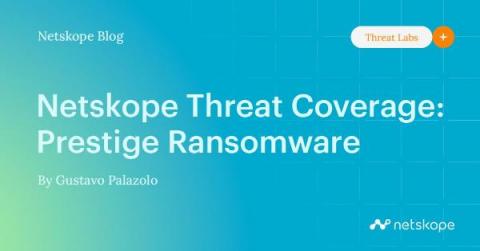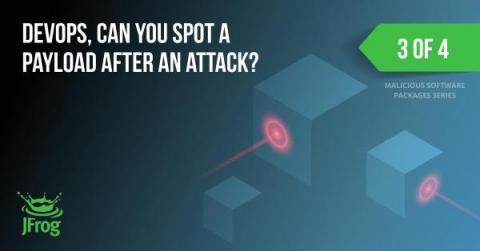Netskope Threat Coverage: Prestige Ransomware
In October 2022, a novel ransomware named Prestige was found targeting logistics and transportation sectors in Ukraine and Poland. According to Microsoft, victims affected by Prestige overlap with previous victims targeted by HermeticWiper, spotted in February 2022. The research also shows that the attackers deployed the ransomware within an hour between all victims, abusing highly privileged domain credentials to deploy the payload.










